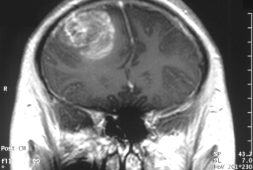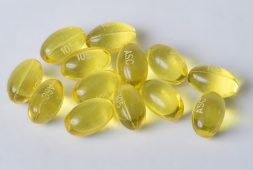11. May improve brain function

Ginger (Zingiber officinale) is one of the world’s most popular spices, frequently used for seasoning. Ginger has numerous medical characteristics and benefits in addition to providing flavor to your food. For centuries, it has played a significant part in both traditional Chinese and Indian Ayurvedic medical techniques. Ginger is a fantastically adaptable home remedy. Ginger is a versatile home remedy that is used to treat nausea, aid digestion, soothe an upset stomach, combat colds, relieve menstrual cramps, aid in weight reduction, and more. The ginger plant’s root is also a fantastic brain stimulant. It has been related to better cognitive performance and memory in several studies. Gingerols and shogaols are the main active compounds found in ginger, and they have antioxidant, anti-inflammatory, and anti-tumor activities. According to a study published in the Evidence-Based Complementary and Alternative Medicine in 2012, ginger can enhance memory and cognitive function in middle-aged women. The study comprised 60 healthy women between the ages of 50 and 60 who lived in Thailand. For two months, they were given either a placebo or a ginger standardized extract of 400 or 800 milligrams daily. When compared to the placebo group, women who took the ginger supplement reported significant improvements in cognitive skills and improved working memory. Daily ginger consumption boosted four essential brain processes, according to the study: attention power, accuracy of attention, memory speed, and memory quality. The researchers concluded that ginger is a possible brain tonic for improving cognitive performance in middle-aged women based on their findings. They believe that ginger’s cognitive-enhancing benefits are attributable in part to its antioxidant qualities. Ginger has over 100 chemical compounds, the majority of which are antioxidants that are especially beneficial to brain health. Because it consumes so much oxygen, the brain is more vulnerable to free radical damage than any other area of the body. Antioxidants act as free radical scavengers, preventing or slowing cell damage. Chronic brain inflammation may result in brain illnesses such as depression, anxiety, ADHD, brain fog, and Alzheimer’s. The anti-inflammatory properties of ginger may be advantageous to brain function. Gingerol and shogaol are the chemicals thought to be responsible for ginger’s anti-inflammatory actions on the brain. Ginger, like turmeric, includes curcumin, which has anti-inflammatory, antioxidant, antiviral, antibacterial, and antifungal properties. Curcumin is a widely utilized natural substance in the treatment of depression, anxiety, brain aging, and neurodegenerative illnesses. Here are several ways ginger might help your brain and mental health: ginger guards the brain against free radical damage, it raises levels of the brain neurotransmitters serotonin and dopamine and depression has been linked to low levels of these substances, and ginger has been shown to slow the progression of Alzheimer’s disease.



